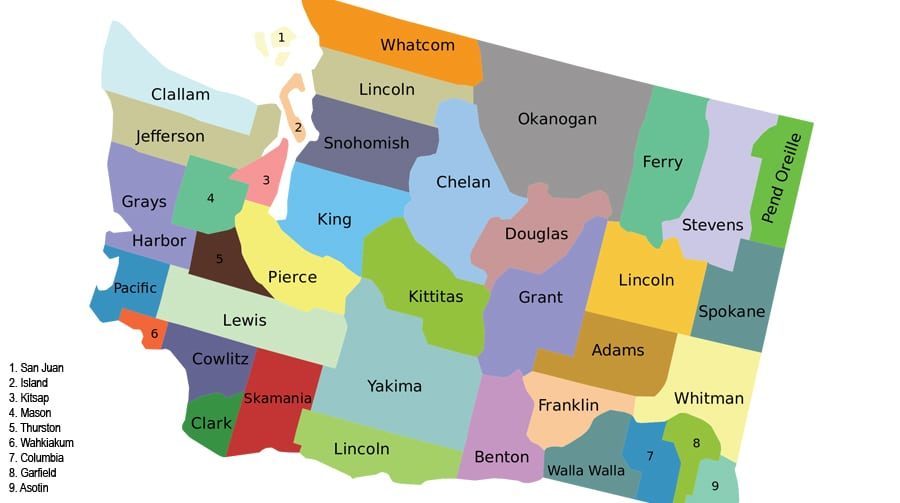
Home » Bills would divert retail sales tax toward statewide tourism program
Bills would divert retail sales tax toward statewide tourism program

March 15, 2017
Washington is the only state without a statewide tourism marketing program.
But that would change under two bills making their way throughout the Washington Legislature. So far the bills by Rep. Cary Condotta, R-Wenatchee, and Sen. Dean Takko, D-Longview, have easily sailed through their committee stages for eventual floor votes.
The bills would create the Washington Tourism Marketing Authority, whose efforts would be paid by rerouting 0.1 percent of the retail sales taxes collected on lodging, car rentals and restaurants. The program would have an upper limit of $5 million.
Kris Watkins, executive director of Visit Tri-Cities, said the proposed statewide marketing effort would boost attracting tourists to the Mid-Columbia — from as close as Boise and Portland to as far away as China.
“We don’t have the wherewithal to reach out to these places,” she said.
Sports and wineries are prime attractions to bring out-of-staters to the Tri-Cities, she said. In 2015, the last year that data is available, Benton and Franklin counties boasted 5,900 tourism-related jobs, produced $432.9 million in tourism-related revenue, and produced $47.2 million in state and local taxes.
The bills would create the marketing authority to manage the state revenue and the contracts for state tourism marketing efforts. It would be controlled by a 13-person board of four legislators and nine representatives from tourism-related businesses. Geography, business sizes, gender and ethnicity would be factors in making appointments to the board.
If passed, the law would go into effect July 1. A progress report to the governor and Legislature would be due by Dec. 1, 2018.
Recent testimony before the appropriate House and Senate committees showed wide support and no opposition to the bills.
“This is to get people to come here, not recycling people who are already here, but bringing in people from outside the state,” said Becky Bogard of the Washington Tourism Alliance. She added that it is important that Washington’s rural areas be included in marketing efforts.
Deb Heintz, executive director of the Prosser Economic Development Association, said she hopes such a statewide effort wouldn’t negatively affect her Lower Valley city.
“We’re small rural Prosser. My only concern is if this would take away our dollars that are already allocated from the state that flow into the city and then the chamber,” she said.
Heintz said she’s in favor of a statewide tourism department as long as it’s “fair across the board” and doesn’t impact her city’s current marketing efforts and funding.
Ron Peck, director of tourism for the Port of Seattle, said for every $1 that New Mexico has spent on tourism marketing, it has resulted in $3 in tourism-related taxes going to that state’s coffers. When Colorado cut its tourism marketing program in 1993, that state saw a 30 percent drop in tourism revenue, which rapidly climbed when the program was reinstated in 2000, he said.
“We must invest to get that return,” said Morgan Hickel of the Washington Hospitality Association.
Other testimony contended tourism in British Columbia, Oregon and Idaho is growing at faster rates than in Washington.
“We need a unified approach to state marketing,” Watkins said.
Local News
KEYWORDS march 2017




